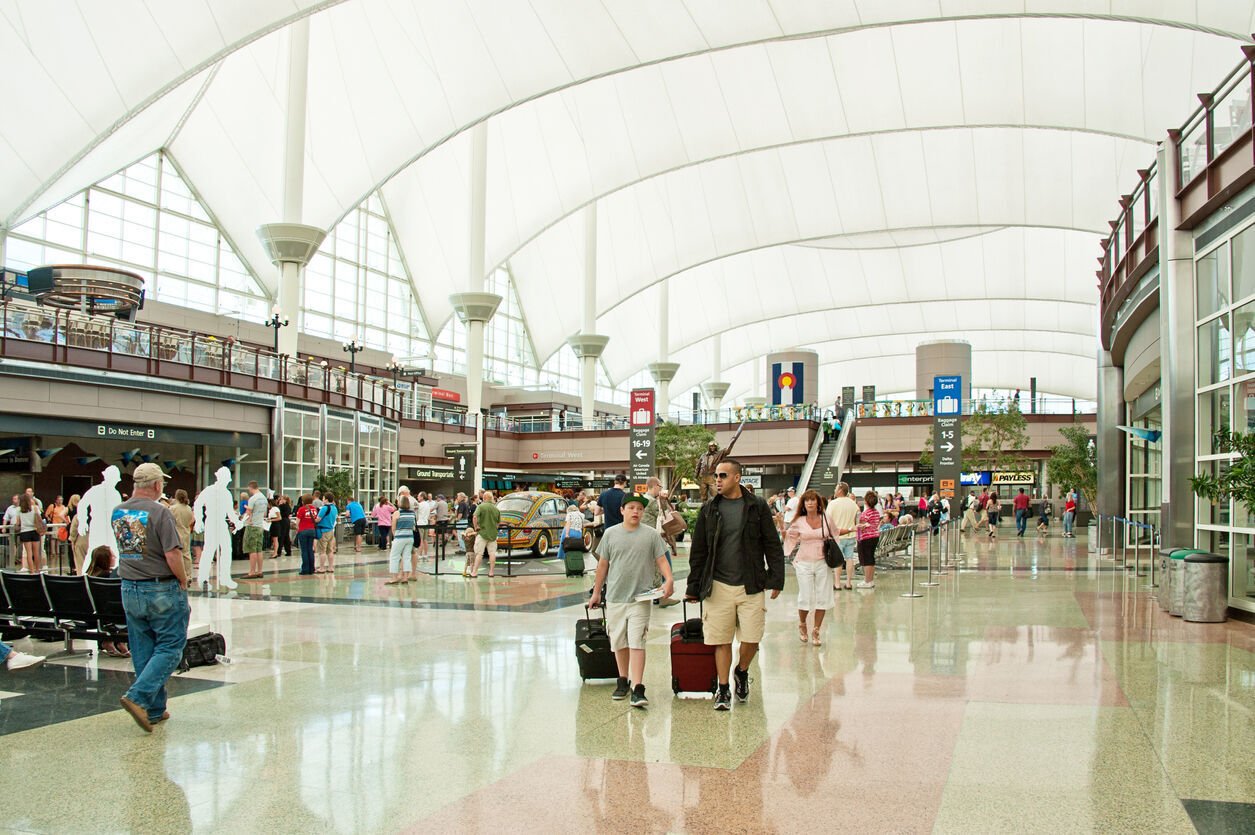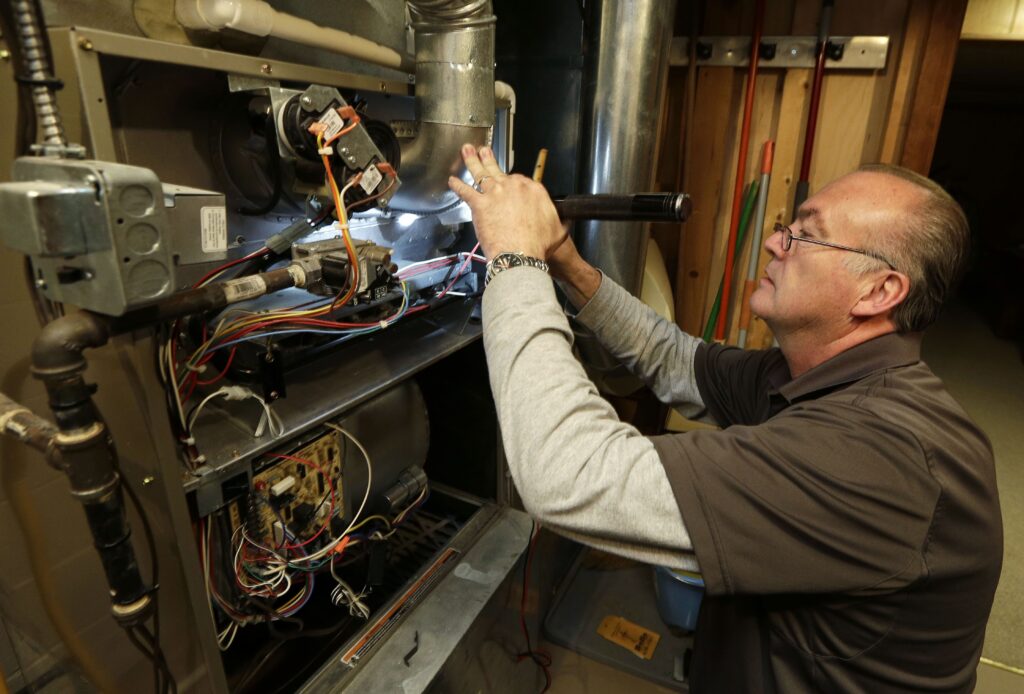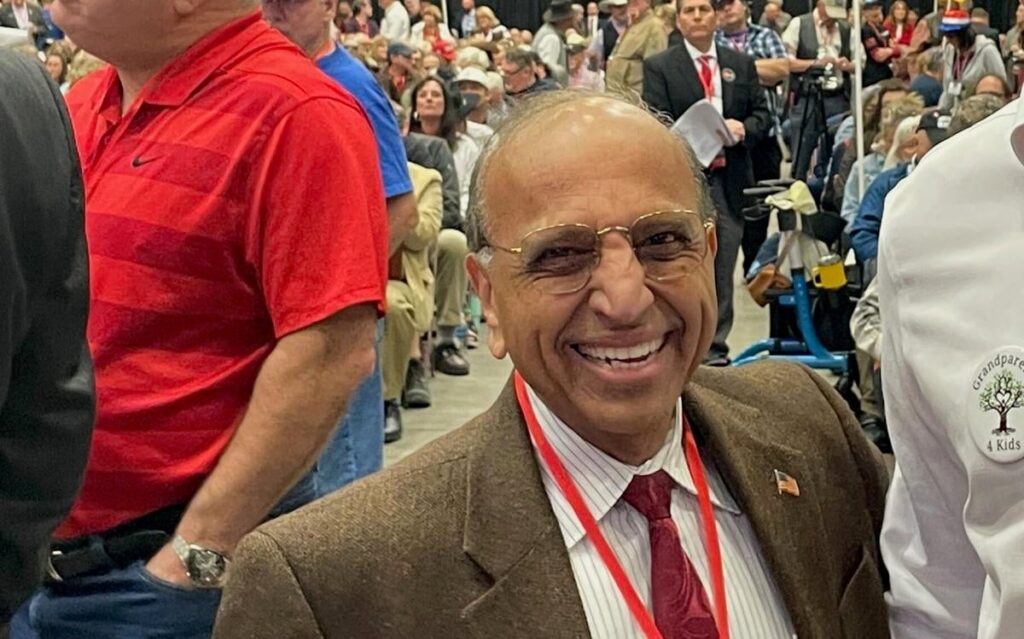Denver to offer RTD passes for 3,000 airport employees at reduced rate

The Denver city council this week approved a program that is offering reduced-rate transit passes to nearly 3,000 employees at Denver International Airport in a bid to help them access job opportunities, commute to work and address workforce challenges facing the airport.
A past version of the program had also placed an inordinate financial burden on small businesses, but after two years of preparing the deal proposed on Monday, the program is now more equitable, DIA leadership told councilmembers.
The new intergovernmental agreement between the Regional Transportation District (RDT) and the airport will allow concessionaire businesses at the airport to purchase reduced-rate EcoPasses for their employees. The EcoPass program provides unlimited rides on RTD buses and trains.
The contract was approved on Monday within a block vote and was not discussed by council.
RTD General Manager and CEO Debra Johnson told councilmembers on the Business, Arts, Workforce and Aviation Services Committee that having a means of transportation to “places of opportunity” is vital, and when DIA is the state’s largest employer, programs like EcoPasses play a key role.
The program has had flaws, she acknowledged, noting that before the new agreement was put together the program was based on insurance models that offered better rates to businesses with more employees. The model created a burden for small businesses and made it difficult for them to participate.
Previously, a business with 24 or fewer employees would pay $1,074 per pass while a business with 250 to 999 employees would pay $632 per pass. Under the new contract with DEN, all 74 concessionaires will pay the $632 rate, and should save a total of $370,000. Here’s how the new program works:
Concessionaires will self-report to DIA officials how many EcoPasses they need at the beginning of the year. Airport officials then submit the master list of participating employers to RTD, acquires those passes, and is reimbursed by the concessionaires.
The agreement gives concessionaires discretion over whether they include part-time employees in their requests. It also leaves up to them how they cover the costs – whether it’s included in their compensation packages or through payroll deductions, as some examples.
This year concessionaires requested nearly 3,000 EcoPasses, for a total of nearly $1.9 million. RTD has been honoring the new agreement since January and getting concessionaires enrolled in the program.
Employees who live outside the RTD district or work outside of the terminals and concourses are not eligible for the program. Off-campus and independently contracted operators and subcontractors are not eligible either.
The annual contract will expire at the end of 2023. DIA and RTD will likely return to council in November and December with a request to approve the IGA again for 2024.
The airport’s CEO Phil Washington told committee members that the program was about creating relief for concessionaire employees.
Last year, DIA was the third busiest airport in the world with 69.3 million passengers, he said. It expects to see 74 million this year and is preparing to reach 100 million in the next eight years.
The airport will need the employees to support that demand, said DIA’s manager of regional affairs Rachel Grubert, but its vendors have been struggling to fill vacancies. The problem is plaguing the aviation industry as well, she said.
Making the EcoPass program more equitable for small businesses has been a two-year project and will help recruitment and retention, Grubert said. RTD ridership at the airport is already averaging 14,600 daily riders, but the EcoPass program will further curb barriers people face in getting to the airport, she said.
The new EcoPass program is also intended to serve as a model that DIA can use to support tenants that are not concessionaires, Grubert said.
“Small businesses are an integral part of the airport,” Grubert said. “We can now use this model to go out and work with other tenants.”















